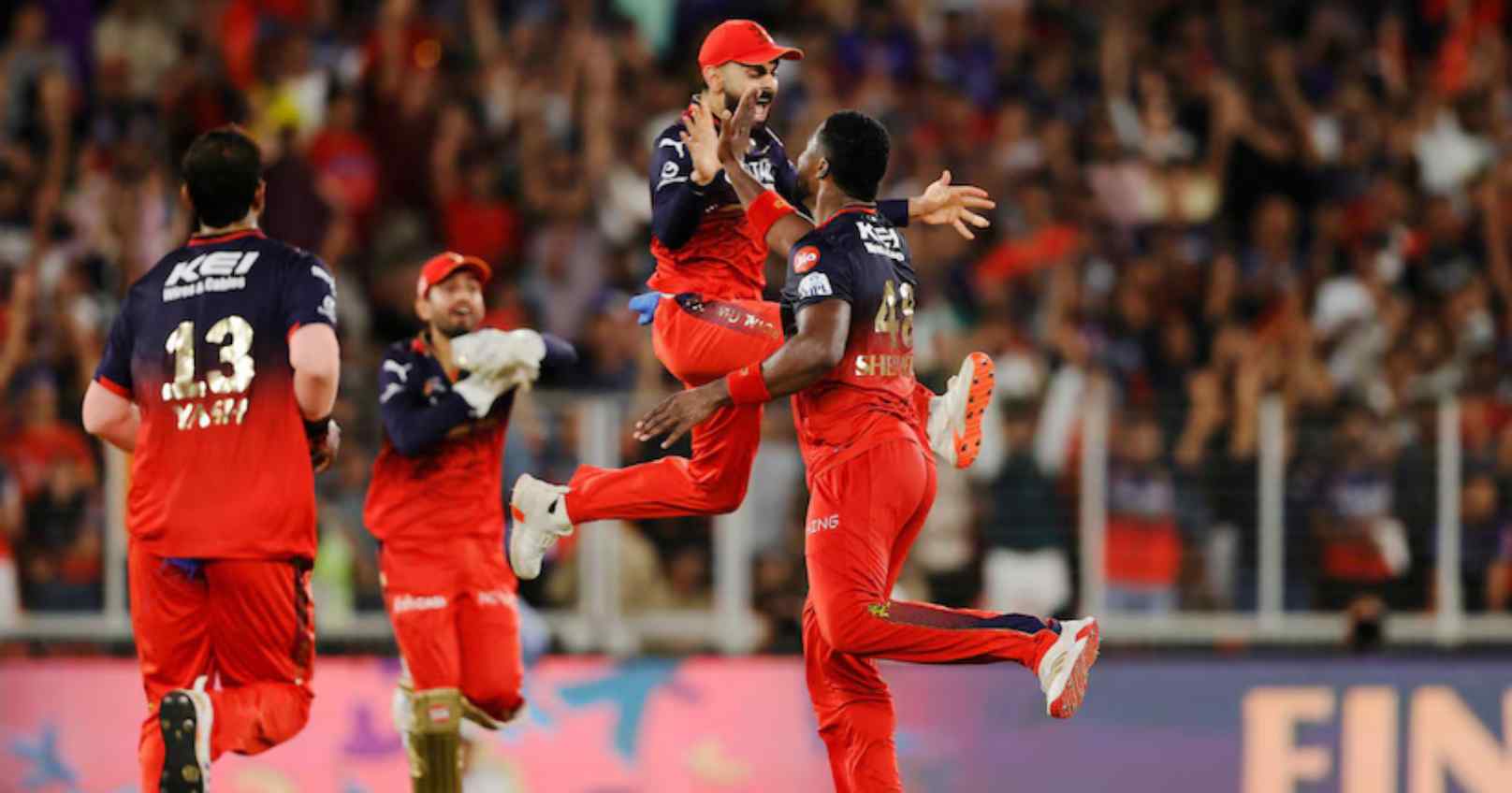Bangladesh Enforces Curfew and Deploys Military After 105 Killed in Protests
Bangladesh is under a nationwide curfew following violent student protests over job quota policies, resulting in at least 105 deaths
20-07-2024In response to widespread deadly unrest, authorities in Bangladesh have implemented a nationwide curfew. The recent clashes between student protesters and police have resulted in at least 105 deaths, as reported by AFP, based on hospital counts.
This situation presents a significant political challenge for Prime Minister Sheikh Hasina, the country's longest-serving leader. Students are calling for reforms to the government's job quota policy, which currently reserves 30 percent of government jobs for families of individuals who fought in the 1971 war of independence from Pakistan.
In a televised address, Prime Minister Hasina invited the protesting students to engage in talks to resolve the issue peacefully. However, it remains uncertain whether the students will accept this offer amid the ongoing unrest.
Government Response and External Affairs
Ministry of External Affairs spokesperson Randhir Jaiswal has emphasized that the unrest is an internal matter of Bangladesh. However, he assured that the approximately 15,000 Indians in Bangladesh, including 8,500 students, are safe. The Indian government has facilitated the return of 245 citizens, including 125 students.
Escalation of Protests
The protests have intensified, with demonstrators storming a prison in Narsingdi, releasing hundreds of inmates, and setting the facility on fire. The protesters demand an end to the job quota system, which they argue favors supporters of the Awami League, Sheikh Hasina’s party, and call for a merit-based system instead. Although the government abolished the quotas in 2018, they were later reinstated by a High Court ruling.
Regional and International Reactions
Meghalaya Chief Minister Conrad Sangma reported the safe return of 63 students from his state who were studying in Bangladesh. He has maintained contact with the Indian High Commission in Bangladesh to facilitate further evacuations. The state government plans to create a portal for students studying abroad to register, ensuring they can be contacted and assisted in emergencies.
The unrest took a violent turn with protesters setting fire to the state broadcaster's facility and causing disruptions to news websites and social media activity. Several news channels, including the state broadcaster BTV, went off the air, citing technical issues. Additionally, official websites, including those of the central bank, the prime minister's office, and the police, were hacked by a group calling themselves "THE R3SISTANC3."
International Condemnation and Ongoing Protests
The United States has condemned the violence, emphasizing the importance of safe and free expression. State department spokesperson Vedant Patel highlighted the need to ensure that freedom of expression occurs without violence.
Protesters continue to demand the resignation of Prime Minister Hasina, holding the government responsible for the killings. They argue that the job quota system is discriminatory and benefits the prime minister's supporters.
United Nations Secretary-General Antonio Guterres has called for restraint from all parties and urged authorities to investigate the violence thoroughly and hold perpetrators accountable.
This ongoing unrest underscores the critical need for dialogue and reform to address the students' demands and restore peace and stability in Bangladesh.


Royal Challengers Bengaluru ended their 18-year title drought with a historic IPL 2025 win, marking
Read More
A 17-year-old social media influencer was fatally shot at her Islamabad home, with police probing po
Read More
India is witnessing a significant rise in COVID-19 infections, with Kerala, Maharashtra, and Delhi a
Read More